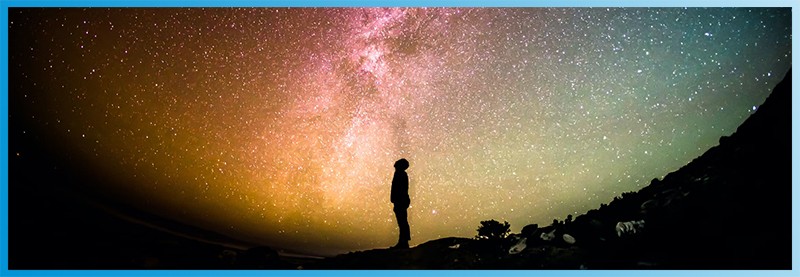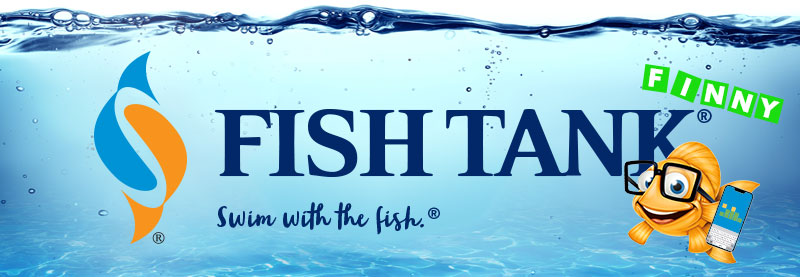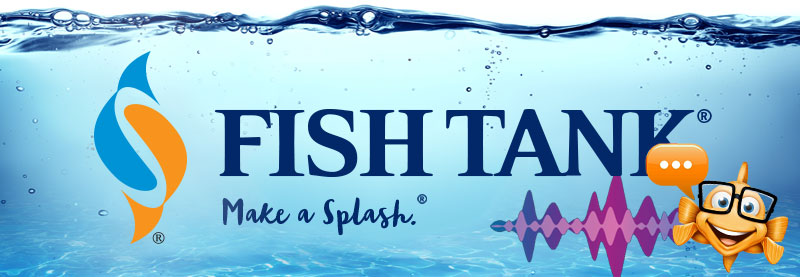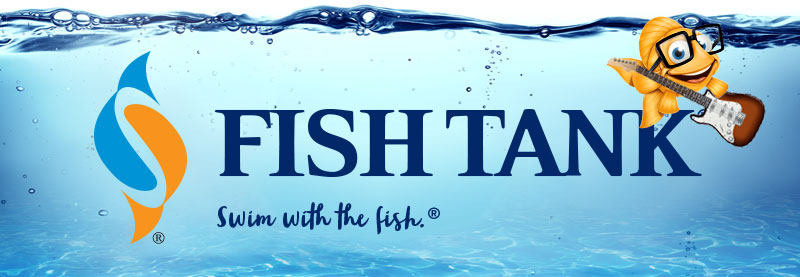Intellectual Property Insights from Fishman Stewart PLLC
Newsletter – Volume 22, Issue 7
Share on Social
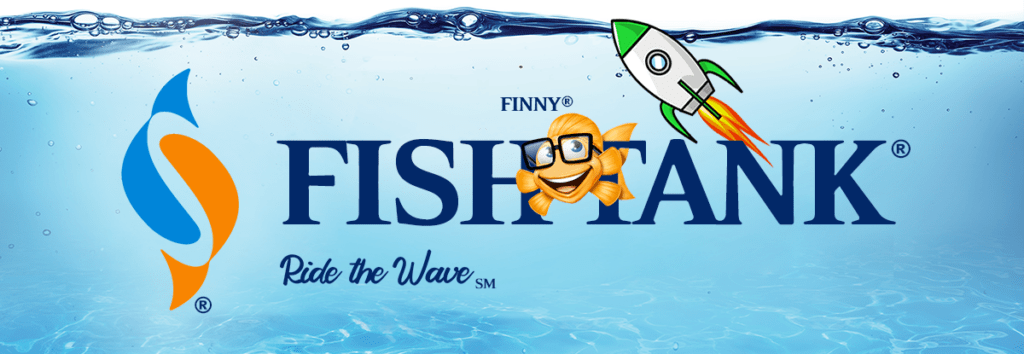
This is the Way: Disney’s Path to Protecting Baby Yoda
By Melissa M. Chapman
As Disney+ subscribers tuned into The Mandalorian in November of 2019, they could not have expected the break-through character that was about to be introduced into the Star Wars universe: Grogu, commonly referred to as “Baby Yoda” or “The Child.” Grogu quickly became one of the most popular television show characters of recent history. But what exactly made this character so special?
Despite the character’s reception as cute and meme-worthy, the surprise and delight of an unannounced character may have also played a role in the character’s success. Star Wars ran into issues in the past with plotlines and new characters being spoiled ahead of a movie release. For example, trading cards released in 1980 revealed Han Solo encased in carbonite, spoiling his unfortunate “fate” well before the release of Star Wars: Episode V – The Empire Strikes Back. More recently, LucasFilm filed a new trademark application for Boba Fett ahead of the fan-favorite character’s appearance in Season 2 of The Mandalorian. Viewers lurking the internet for spoilers found the trademark application, leading to theories of Boba Fett’s appearance before his episode aired.
Sensing Grogu’s potential, the character was deliberately kept secret by Disney. Grogu was withheld from all pre-release marketing and merchandise, screeners of the pilot episode were not distributed, and no trademark applications regarding the character were filed. When Grogu finally hit the screen, the surprise appearance skyrocketed him to fame.
However, secrecy came at a price. With a release so close to the holiday season and no official merchandise yet available, fans turned to unlicensed merchandise and products featuring the character from websites like Etsy and Amazon Marketplace. In fact, Disney – normally a strict enforcer of its intellectual property – seemingly allowed unauthorized merchandise to continue to be sold until it was prepared to file its trademark applications and make available its official merchandise. It is estimated that Disney potentially missed out on $2.7 million in potential revenue, simply due to the delay in releasing official Grogu merchandise, after the holiday season. This leads to the question: Was it worth it?
Infamous for its aggressive protection of intellectual property, it was uncharacteristic of Disney to not file a trademark application or otherwise protect the Grogu intellectual property prior to the show’s release. While the company may have left merchandise sales on the table, the explosion of internet fame raised significant awareness of the television show. The Mandalorian landed at No. 14 on Nielsen’s overall list of most watched streaming TV shows and movies of 2020, and No. 5 on Nielsen’s list of top streaming original series of 2020. Moreover, interest in Grogu helped Disney+ amass over 26 million subscribers to its streaming services within the first three months after launching.
While we are unable to say “This is always the way”, the strategy worked for Disney in this instance. The numbers speak for themselves. The long-term value of keeping “Baby Yoda” a secret played out well in the Star Wars galaxy.
Published April 1, 2022

Finny continues his adventures around the world!
This week, Finny was spotted at Trafalgar Square in England, Oceanside Pier in California, and Central Park in New York. Follow Finny and see more of his adventures HERE.
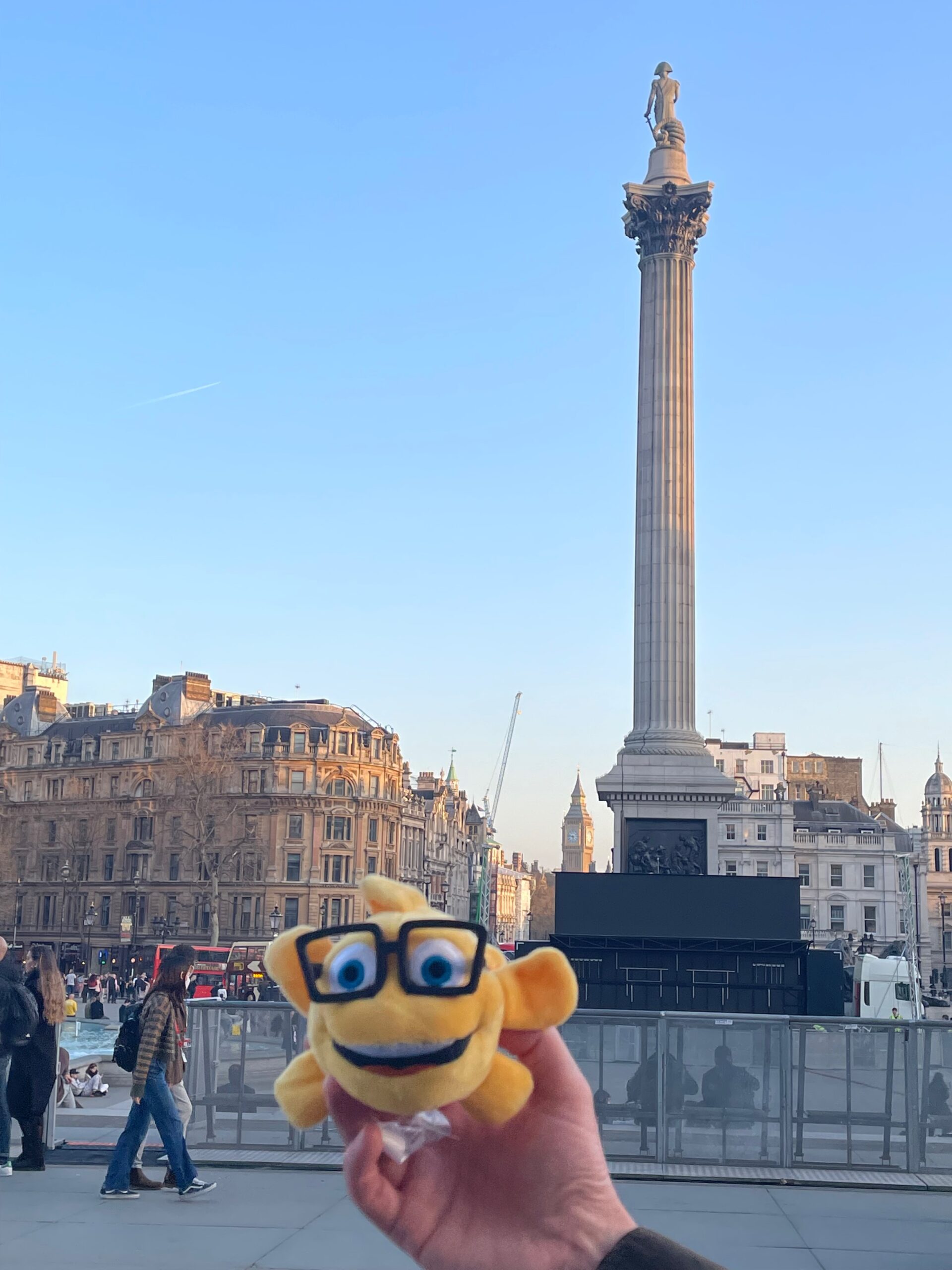
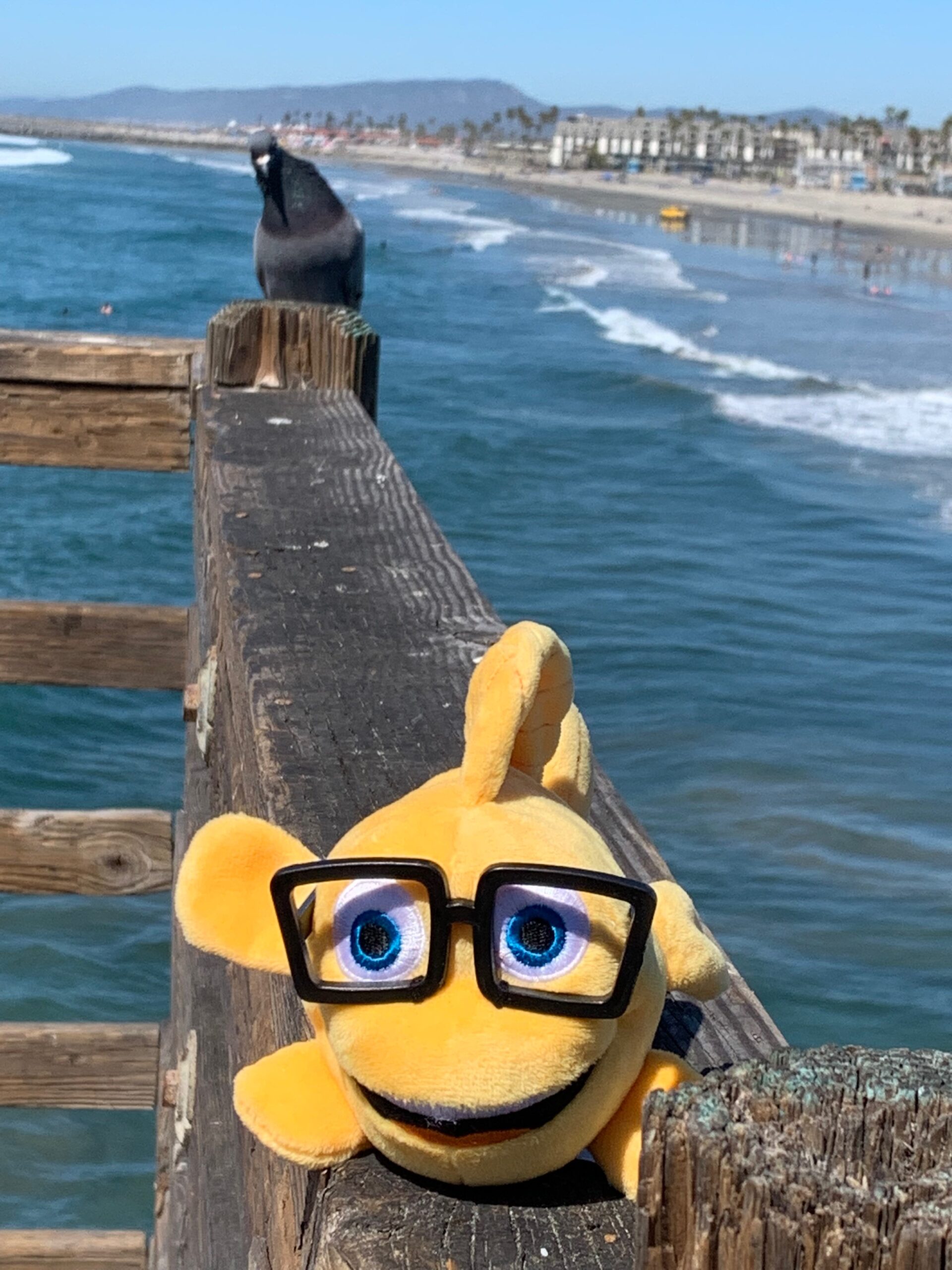
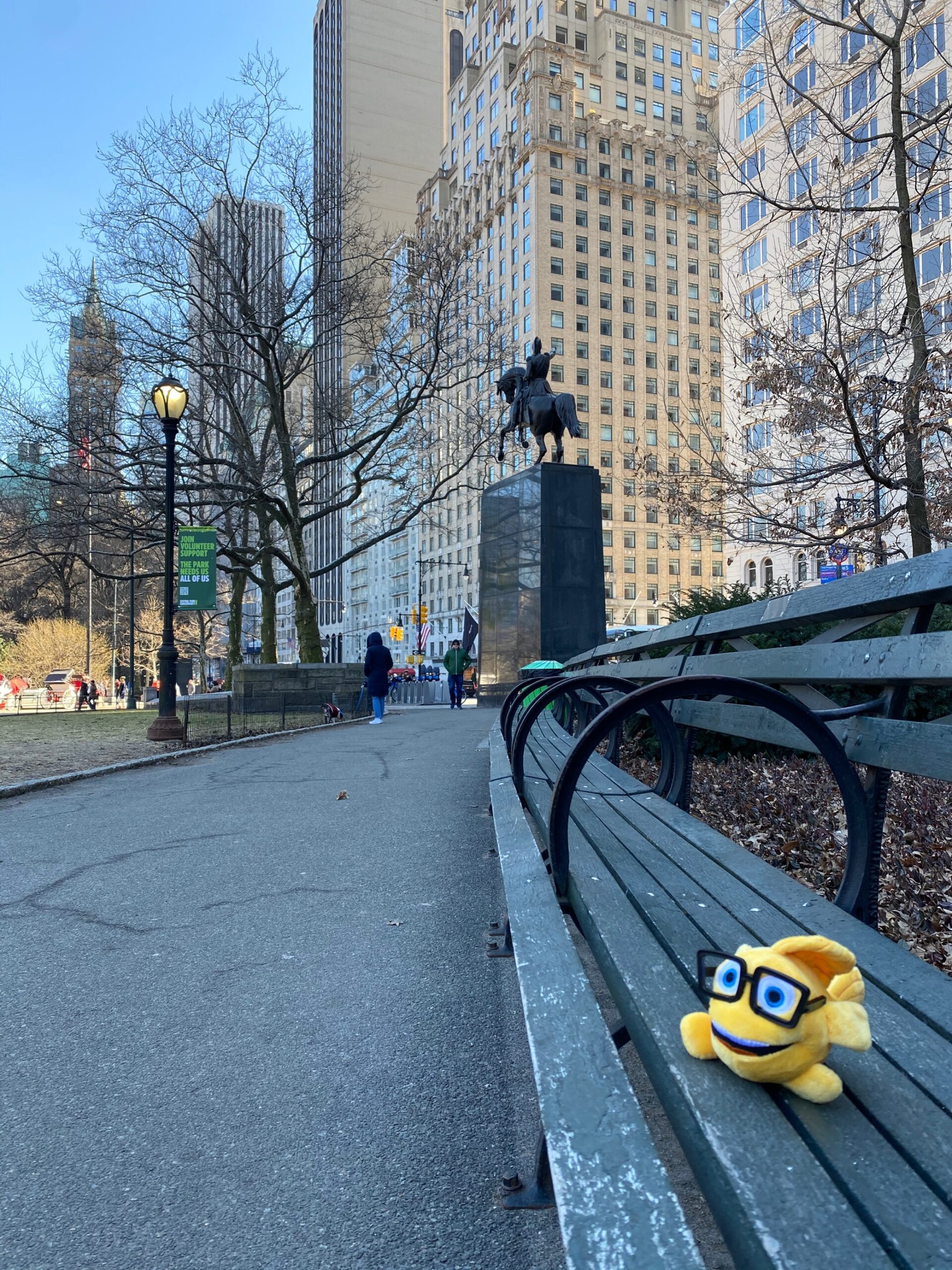
Related Content from Fishman Stewart
Car enthusiasts are buzzing about Alfa Romeo's latest SUV which is also its first EV (plus a hybrid option). Initially branded as “Milano,” the name was changed to "Junior" after it was announced that the car would be produced in Poland.
The online word game Wordle was created in 2021 by Josh Wardle and quickly rose in popularity. Players receive a new puzzle daily with six chances to correctly guess a five-letter word of the day with limited clues.
In a recent decision, the U.S. Court of Appeal for the Eighth Circuit affirmed a jury verdict holding that the use of the "Success Kid" meme by a congressman's reelection campaign for fundraising purposes did not qualify as fair use.
In February 2024, proposed legislation was introduced in US House of Representatives which would extend copyright protection to golf courses. The bill is titled “Bolstering Intellectual Rights against Digital Infringement Enhancement Act” or the “BIRDIE Act”.
OpenAI recently held a live demonstration of a new ChatGPT version that included the use of an AI personal assistant voice dubbed “Sky.” Many observers compared Sky to Scarlett Johansson’s voice in the 2013 Spike Jonze romantic sci-fi film “Her,” which centers on a man who falls in love with the female voice of his computer’s operating system.
June is Pride Month, which honors the 1969 Stonewall Uprising in Manhattan and recognizes the impact that lesbian, gay, bisexual, and transgender (LGBTQ+) individuals have had on history locally, nationally, and internationally. The United States Patent and Trademark Office flies the Pride Flag and promotes the Pride community’s contributions with programming offered annually.
First-time inventions have led inventors to great successes throughout history, sometimes immediately, sometimes after several more attempts at more useful inventions. In the U.S., two very famous inventors with contrasting first-time experiences are Thomas Edison and Alexander Graham Bell.
June is Pride Month. This year we are celebrating with some IP tips for drag performers! Drag performers can protect their intellectual property by registering the copyrights in their original works of music, choreography, and comedy sketches.
Bands often start out as creative endeavors among friends, and bands may not prove lucrative for many years, if at all. Until bands break up, thought and planning may not be given to who is the owner of the band names and entitled to use them going forward.
You’re rarely more than a few yards from Finny’s favorite chips, semiconductor chips to be precise. But what exactly is a semiconductor chip?
IDENTIFYING, SECURING AND ADVANCING CREATIVITY®


